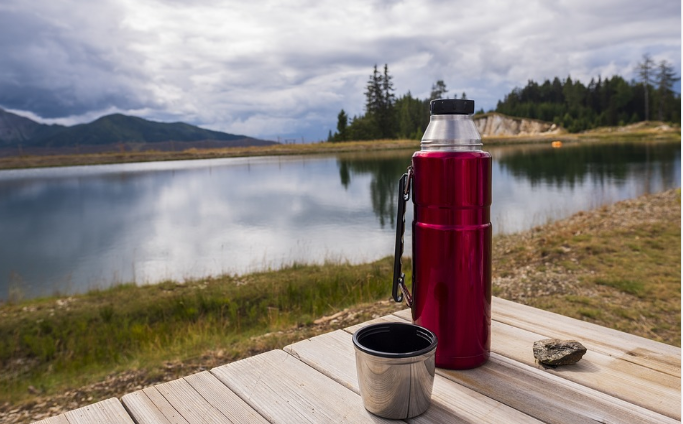In today’s fast-paced and demanding world, finding ways to unwind and destress has become more important than ever. Engaging in a relaxing hobby like watching Ozark the series or spending time in the garden not only provides an escape from everyday pressures but also has numerous physical and mental health benefits. However, not all hobbies are created equal when it comes to optimizing relaxation and achieving a state of flow. This article aims to provide you with expert tips on how to make the most out of your chosen hobby ensuring that you unwind effectively and thrive in the process.
Choose Activities That Align With Your Interests

When selecting a relaxing hobby, it is essential to choose an activity that genuinely interests you. Whether it is gardening, painting, reading, or playing a musical instrument, engaging in something you are passionate about will naturally enhance your relaxation experience. By immersing yourself in an activity you enjoy, stress levels decrease, and your mind becomes more focused and present.
Create a Dedicated Space for Your Hobby
To optimize your relaxation when pursuing a hobby, consider creating a dedicated space for it. Designate a specific area in your home where you can fully immerse yourself in your chosen activity. Whether it is a cozy reading nook, a well-organized art studio, or a tranquil garden sanctuary, having a designated space helps signal to your brain that it is time to unwind and focus solely on your hobby.

Set Realistic Goals and Timeframes
While hobbies are meant to be enjoyable and stress-free, setting realistic goals and timeframes can add structure and purpose to your relaxation. By establishing achievable objectives, you provide yourself with a sense of progress and accomplishment, which in turn enhances your overall satisfaction with the hobby. For instance, if you choose gardening as your hobby, you can set goals such as planting a certain number of flowers or growing a particular vegetable. These goals should be flexible and adaptable to avoid adding unnecessary stress.
Seek Social Connections Within Your Hobby

While hobbies are often seen as solitary activities, seeking social connections within your chosen hobby can significantly enhance the relaxation and enjoyment you derive from it. Joining local clubs or online communities or engaging in group activities related to your hobby can provide a sense of camaraderie and shared interests. Interacting with others who share a passion for your chosen activity allows for the exchange of knowledge, ideas, and experiences, fostering a supportive and motivating environment.
By choosing activities aligned with your interests, creating a dedicated space, setting realistic goals, and seeking social connections, you can maximize relaxation and enjoyment while thriving in your chosen hobby.






 Another way to reduce your plastic usage is to bring your own thermos. This is especially important if you buy coffee or tea on a daily basis. By bringing your own thermos, you can avoid using disposable cups and help to reduce waste. Remember that every year, Americans throw away billions of disposable cups. If we all started using reusable mugs, we could make a massive dent in this number! Just like bringing your own thermos can help reduce waste, so using a reusable water bottle help too.
Another way to reduce your plastic usage is to bring your own thermos. This is especially important if you buy coffee or tea on a daily basis. By bringing your own thermos, you can avoid using disposable cups and help to reduce waste. Remember that every year, Americans throw away billions of disposable cups. If we all started using reusable mugs, we could make a massive dent in this number! Just like bringing your own thermos can help reduce waste, so using a reusable water bottle help too.